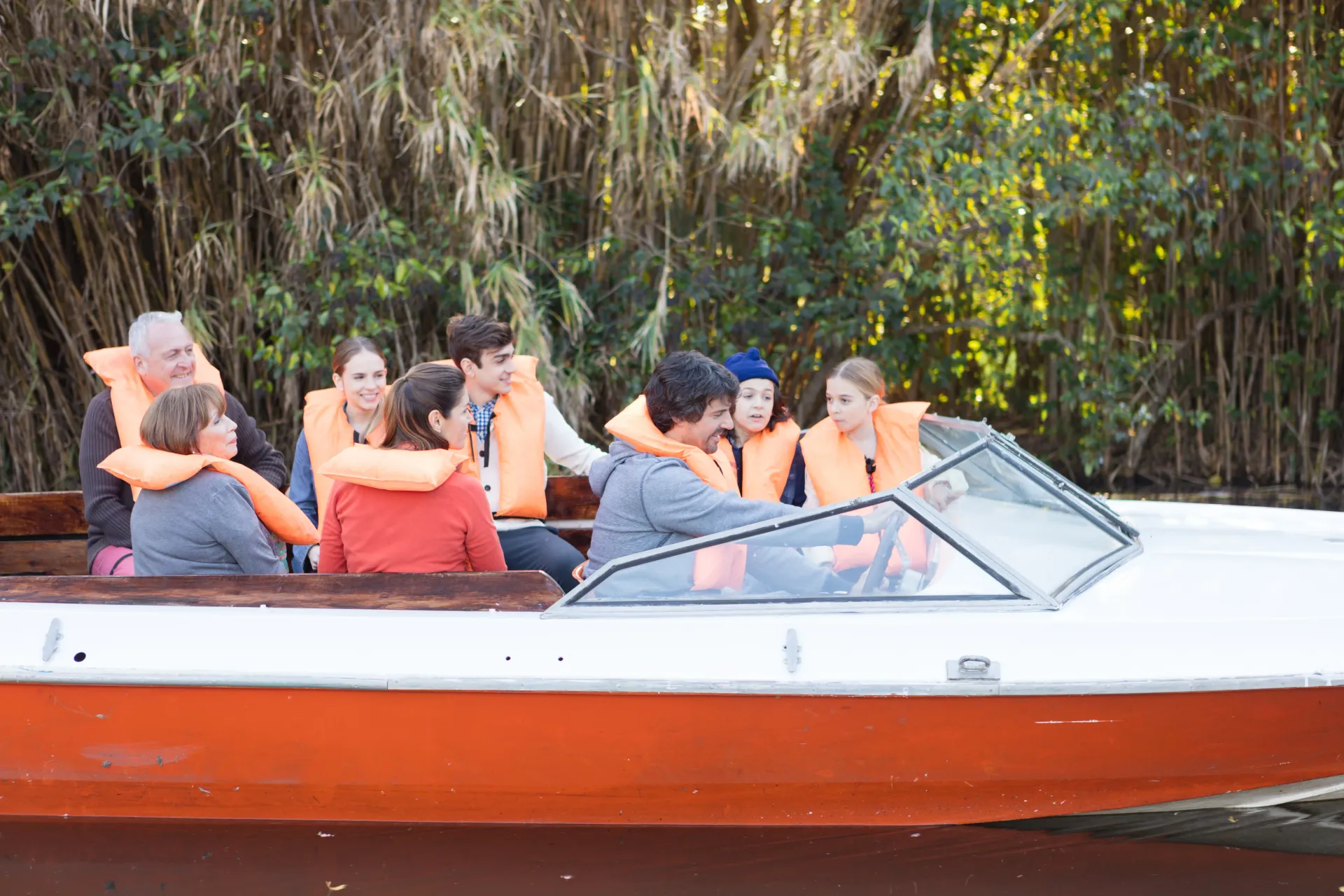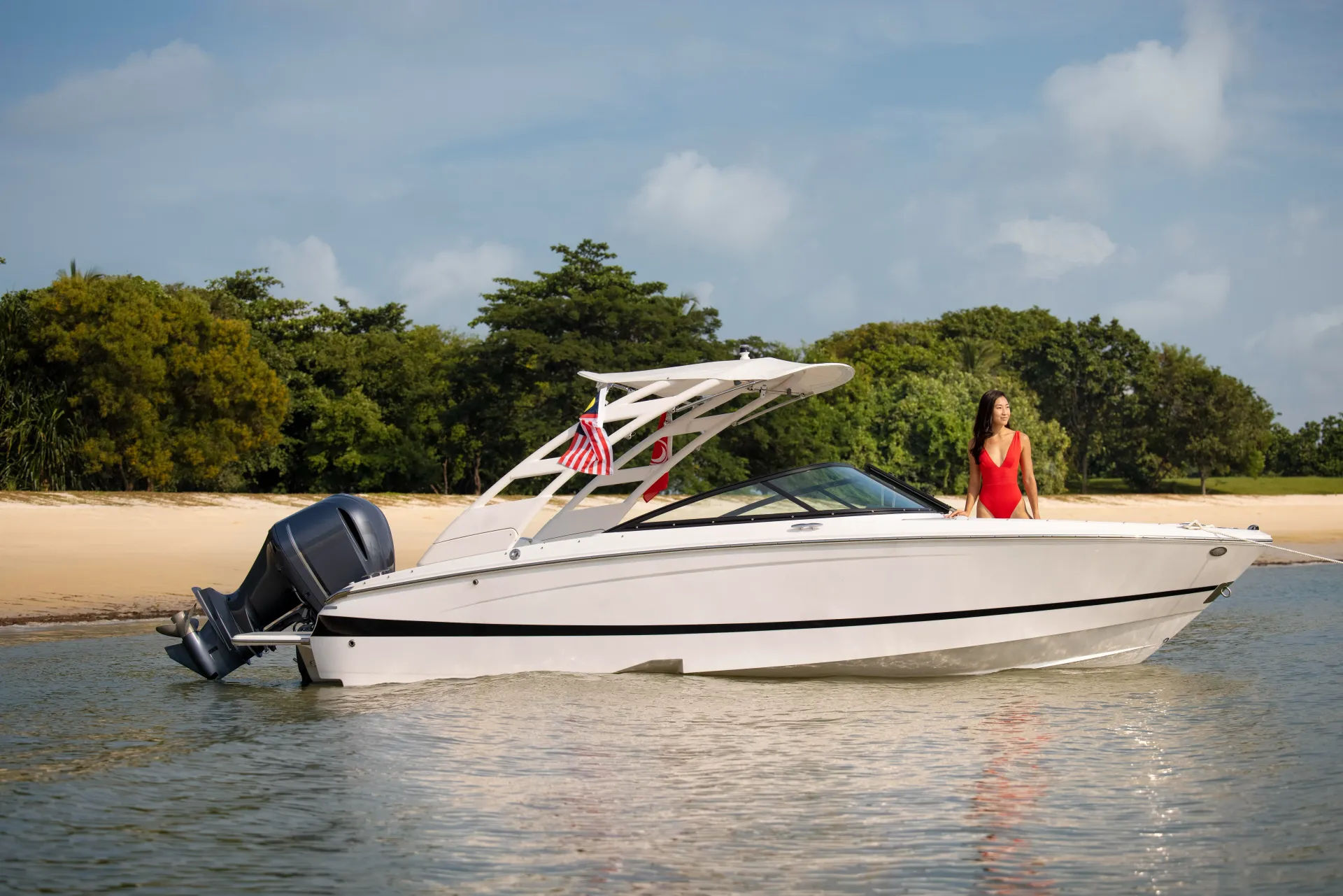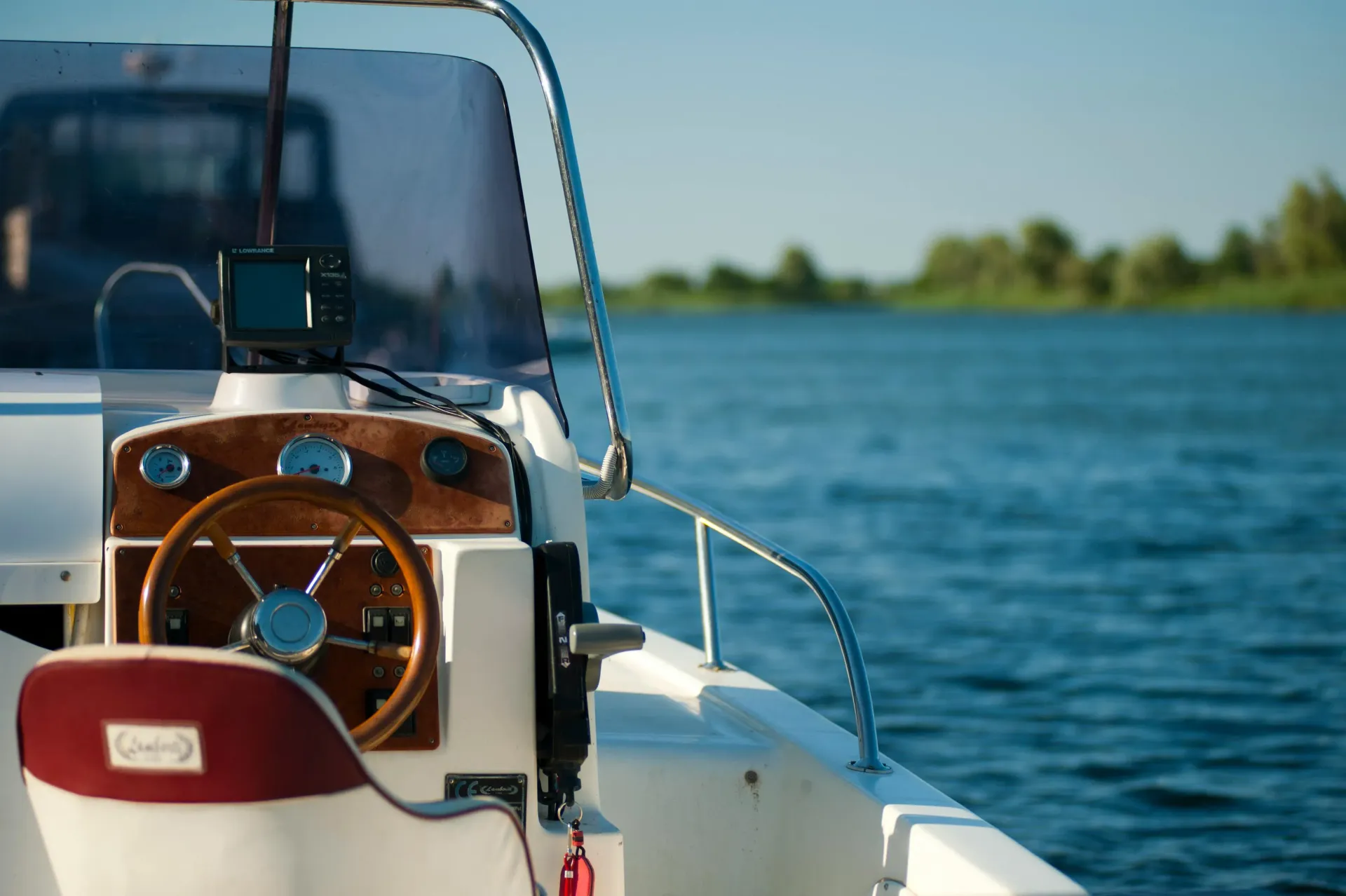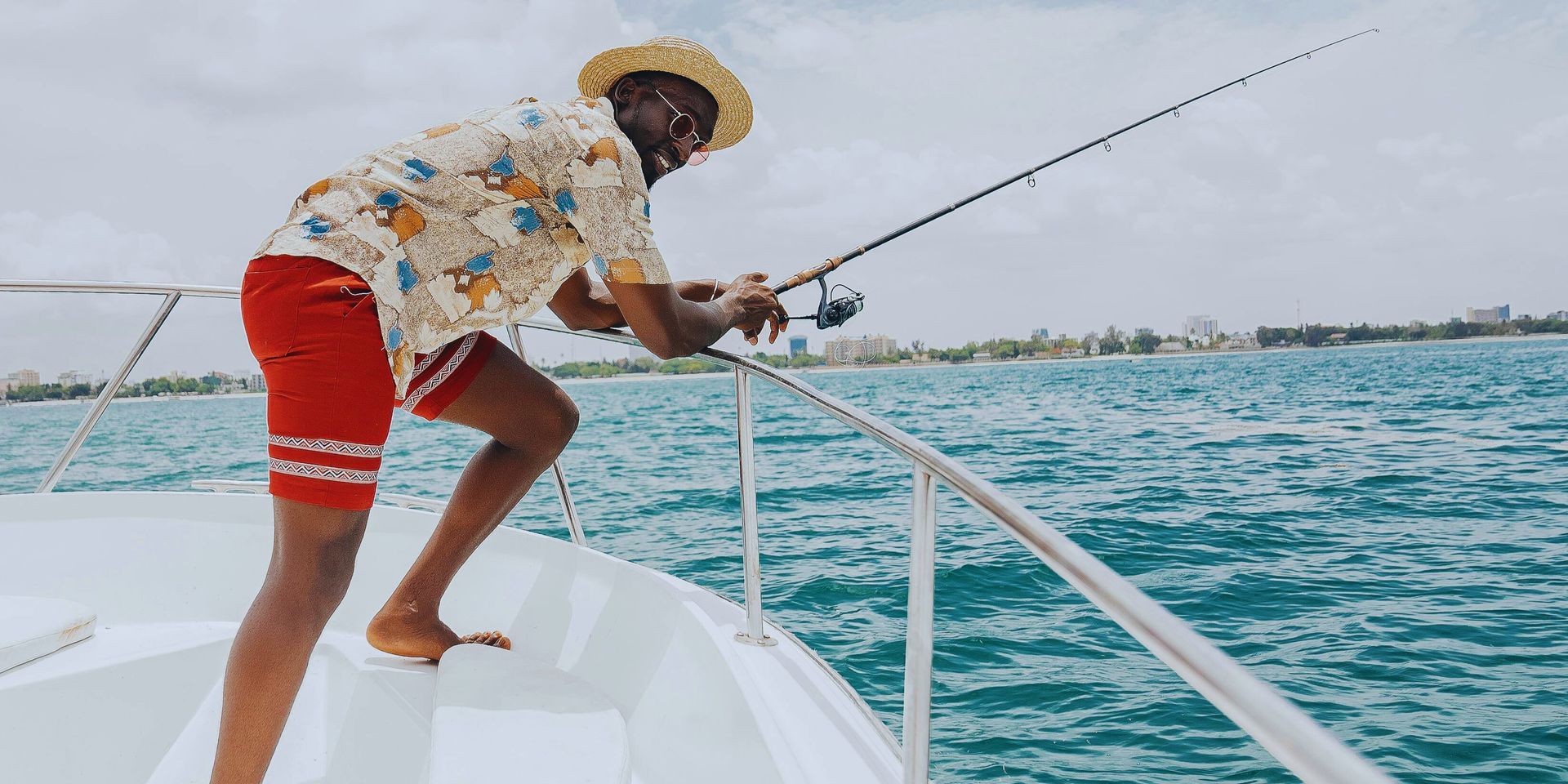Sailing Into Serenity: The Psychology of Why We Love Being on the Water
There’s something undeniably magical about water. Whether it's the gentle sway of the waves, the endless horizon of the sea, or the cool breeze that skims across the surface, being on the water evokes a sense of calm, peace, and introspection that many of us deeply crave. But what is it about sailing, in particular, that brings such a profound feeling of serenity? As it turns out, the psychology behind why we love being on the water is complex and deeply rooted in our emotional and cognitive well-being.

The Powerful Psychological Impact of Water
Water is more than just a substance we need to survive—it plays an intricate role in how we think, feel, and experience the world. Psychologists and researchers have been fascinated by the connection between water and mental health for years. Numerous studies point to the idea that the mere sight or sound of water triggers a meditative state in the brain, allowing us to feel more relaxed, focused, and even creative.
This concept, known as “blue mind,” refers to the meditative state of mind humans achieve when they’re near or on water. Sailing into the expanse of blue not only soothes our senses but also stimulates our brains in a way that promotes emotional stability and relaxation. This psychological response is one of the key reasons why so many people feel drawn to water, whether through sailing, swimming, or simply sitting by a calm lake.
Sailing as a Unique Gateway to Inner Peace
While any proximity to water can evoke feelings of calm, sailing adds another dimension to this experience. The repetitive motions of the boat, the rhythmic sound of the waves against the hull, and the pure connection between wind and water create an immersive environment where distractions fade, and time seems to slow down.
Sailing requires focus and mindfulness, and it allows individuals to become attuned to their surroundings in a way that feels almost instinctual. When you're out on the water, life’s stresses—whether from work, family, or daily routines—seem to melt away. This intense state of focus combined with the natural environment makes sailing one of the most effective ways to achieve mental clarity and inner peace.
How Water Fosters Mindfulness and Presence
Mindfulness, the practice of being fully present in the moment, has been lauded for its benefits on mental health. Interestingly, being on the water naturally fosters a state of mindfulness. In the midst of sailing, there's little room for distractions. Every sound, sensation, and sight becomes part of a cohesive experience that demands your attention.
The gentle rocking of the boat, the smell of salt in the air, and the constant yet subtle shifting of the wind encourage you to be fully present. This is why many people who sail find it to be a meditative activity, one that allows them to disconnect from the chaos of daily life and tune into their immediate environment.

The Healing Power of Nature and Water
Water has long been associated with healing, both physically and emotionally. Ancient civilizations recognized the restorative powers of the sea and utilized water in various therapeutic practices. Today, many people still seek out the ocean as a place of healing and reflection. The sound of waves crashing against the shore, the feeling of floating, and the expansive, infinite horizon offer a unique sense of freedom that is difficult to replicate on land.
In fact, research shows that being near water can lower stress levels, reduce anxiety, and improve overall mental well-being. For those who sail, the feeling of freedom on the open water is often accompanied by a profound sense of calm, contributing to better emotional health and a clearer perspective on life.
Why Do We Love Being on the Water?
At a deeper level, the reasons why we love being on the water are rooted in our evolutionary history. Humans have a natural affinity for water, not only because of its life-giving properties but also because it offers safety, sustenance, and mobility. This connection to water, often referred to as biophilia, suggests that humans are innately drawn to natural environments, especially those involving water.
On a psychological level, being on the water taps into our need for exploration and discovery. It’s no coincidence that some of the world’s greatest explorers and adventurers sought solace and challenge on the open seas. Sailing speaks to our intrinsic desire for freedom, adventure, and, ultimately, serenity.
Sailing and the Pursuit of Mental Clarity
For many, sailing represents an escape from the overstimulation of modern life. In a world where we are constantly bombarded by screens, notifications, and deadlines, sailing offers a rare opportunity to unplug and recharge. The simplicity of the experience—just you, the boat, and the water—allows for a deep mental reset.
When we are on the water, away from the hustle and bustle of daily life, our minds have the chance to declutter. Thoughts that once seemed urgent begin to fade, and in their place comes a sense of clarity. This is one of the most powerful psychological benefits of sailing, and it’s one of the reasons why so many people who experience it continue to return to the water again and again.
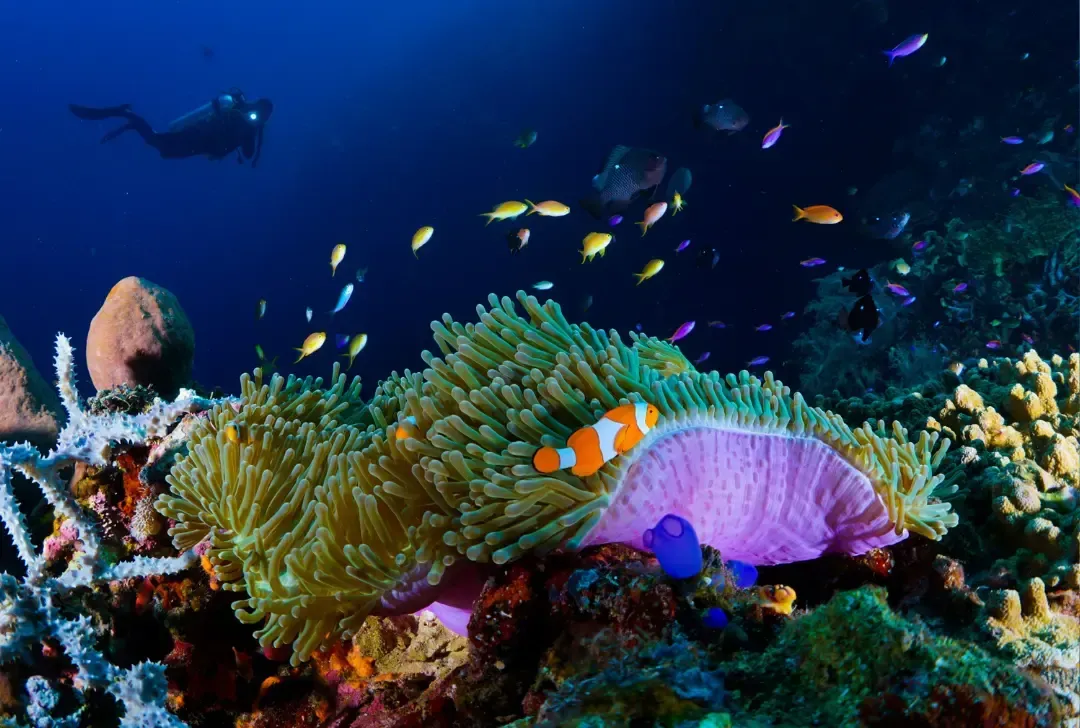
Connection Between Sailing and Mental Well-Being
Sailing is not just about navigating the open sea; it’s also about navigating our own emotions. The act of steering a boat through calm or choppy waters can be a metaphor for how we handle life's challenges. Sailing teaches patience, focus, and resilience, all of which are vital to maintaining good mental health.
Many sailors report feeling a sense of accomplishment and empowerment after a day on the water. Whether it's the result of successfully navigating a difficult course or simply enjoying the peaceful isolation of a quiet cove, sailing provides a unique space for personal growth and self-reflection.
A Way to Disconnect and Reconnect
In our fast-paced world, it's often difficult to find moments of true disconnection. Sailing offers that rare opportunity—not only to disconnect from the digital world but also to reconnect with nature, ourselves, and those we share the experience with. Whether you're sailing solo or with friends, the shared experience of being on the water can foster deep emotional connections, making the experience all the more rewarding.
If you're looking to experience this unique connection with the water firsthand, or perhaps seeking to plan your next peaceful escape, we invite you to explore sailing opportunities. For more information on boat rentals and to begin your journey into serenity, feel free to contact us.

FAQs
What makes sailing so calming?
Sailing promotes mindfulness, focus, and an immersive connection with nature. The rhythmic motion of the boat and the soothing sounds of the water help reduce stress and bring a sense of calm.
Why do people feel happier near water?
Being near water triggers a "blue mind" state, which is linked to relaxation, reduced anxiety, and enhanced mental well-being.
How does water influence our emotions?
Water has a profound effect on our emotions by stimulating meditative brain activity. It lowers cortisol levels, improves mood, and encourages a feeling of peace.
Can sailing help with mental health?
Yes, sailing can be highly beneficial for mental health by promoting mindfulness, reducing stress, and encouraging a strong connection with nature, which improves overall emotional well-being.
Is there scientific proof behind the calming effect of water?
Numerous studies support the calming effect of water, showing that proximity to water helps lower stress, improve concentration, and increase feelings of happiness.
What is the “blue mind” concept?
The “blue mind” refers to the mildly meditative state humans enter when near, in, or on the water, helping them feel more relaxed and focused.
Conclusion
The allure of the water is undeniable. Sailing into serenity taps into our deepest psychological needs for calm, clarity, and connection. The psychological benefits of being on the water extend far beyond mere relaxation—they offer a way to rejuvenate both mind and spirit. Whether you're a seasoned sailor or a curious explorer, the next time you find yourself on the water, take a moment to appreciate the peace it brings and the profound impact it has on your mental well-being.



